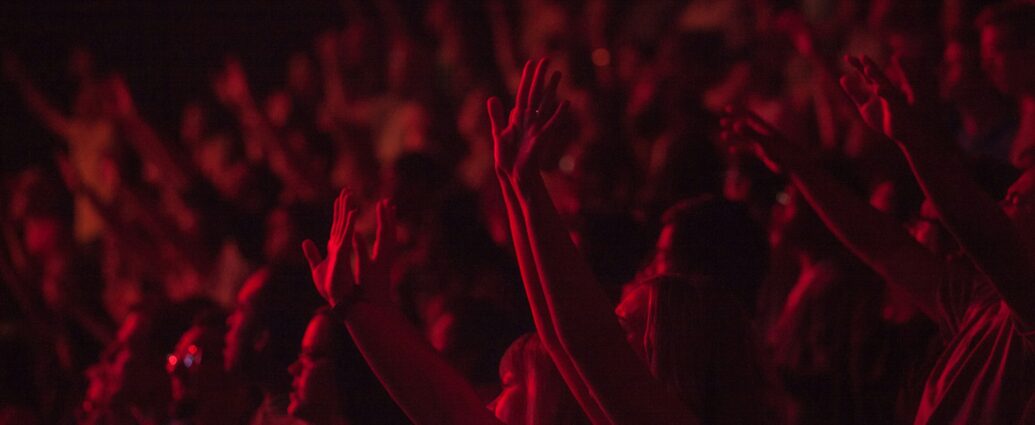Anna Smith
Chappell Roan sparked backlash after cancelling the Paris and Amsterdam dates of her The Midwest Princess tour with less than a week’s notice.
The singer shot to global fame after the release of her single “Good Luck, Babe!” in March, which reached nearly seven million streams in its first week, landing her in the Spotify top 10.
However, a month ago, Chappell took to Twitter to announce her “extremely hard” decision to cancel tour dates that had been booked for months. It wasn’t long before fans and haters alike flooded the replies and quote tweets to give their two cents. Some fans criticised Roan, labelling her disrespectful and rude. Several posters claimed Roan had disregarded the fanbase responsible for making her famous, and it didn’t help that people speculated that the shows had been cancelled so Roan could rehearse for her VMA’s performance. In opposition to her critics, many fans expressed their support and understanding. They argued that artists cancel gigs all the time and, while it was frustrating, it doesn’t warrant abuse.
After spending money on flights, hotels and tickets, it is understandable that fans are upset about cancelled shows. I’m sure everyone can recall a time they were looking forward to a concert, only for it to be cancelled at the last minute. All music lovers have experienced the ecstatic anticipation of finally getting tickets to see an artist they have followed for months, or even years and one day receiving the dreaded email that the show has been cancelled.
But while news like this is disappointing, surely it doesn’t give fans the right to harass and cyberbully artists.
Women Don’t Owe You ****
This announcement came just days after Roan condemned “creepy” and predatory behaviour from fans on Tiktok. In the video, Roan speaks directly to the camera and urges fans to stop approaching, stalking and harassing her. She explained: “I don’t care that abuse and harassment, stalking, whatever, is a normal thing to do to people who are famous.”
“The internet has created a space where people feel entitled to harass”
The star solidified her message via an Instagram post, defiantly declaring “I don’t agree with the notion that I owe a mutual exchange of energy, time, or attention to people I do not know”. The comments beneath the posts have since been restricted, with Roan editing the Instagram caption to remind readers “this isn’t a group conversation”.
The internet has created a space where people feel entitled to harass and target celebrities without accountability. This cyber anonymity makes artists, particularly women, vulnerable to harsh criticism and misogyny. Roan is not the first female celebrity to be chastised and hounded by the public for setting boundaries with entitled fans. In her recent Rolling Stone interview, Roan mentioned receiving support from fellow female artists.
In lieu, Doja Cat faced criticism in 2023 after refusing to declare love for her fans on Threads. The singer lost 150,000 Instagram followers as a result. Cat later reflected on how fans often feel entitled to control and dictate the lives of celebrities. She said: “They think that person belongs to them in some sense.”
We Need a Femininomenon!
Roan has been open about her struggle to cope with the repercussions of fame. Before our eyes, we are watching a young woman rapidly transform into a world-famous celebrity. In every interview, she has discussed the strain this is having on her mental health. In her interview with The Guardian, she admitted that she had recently been diagnosed with depression. Roan has been consistently vulnerable about the reality of her experience. If we knew somebody suffering because of their job, we wouldn’t scorn them. We wouldn’t tell them they should have known better or that they should have to deal with it. It is cruel and ignorant to expect celebrities to endure behaviour that we would find intolerable.
“She is using her platform to criticise toxic celebrity culture”
The bullying recalls the treatment of Amy Winehouse in the 2000s. The pop-soul legend was hounded constantly by the press, who mocked and documented her struggle with addiction and mental health issues. Now, over 10 years later, people question how the widespread exploitation of such a vulnerable individual was allowed. One glance at the current treatment of female celebrities reveals the answer. Winehouse, like countless other women, would have been a target of the internet hate train too if she were still alive today.
Unlike Amy, however, Roan has utilised the power of social media and the press. She is using her platform to criticise toxic celebrity culture and refusing to be silenced. Hopefully, Roan’s fierce, defiant attitude and refusal to comply with unreasonable demands indicate the possibility of a shift in celebrity culture – one where fans do not feel entitled to dictate the lives of artists.
A change to how we view and treat celebrities is well overdue. They are people who, like everybody else, deserve the right to protect their lives and set boundaries without being vilified.
Read next:
-
DEADPOOL & WOLVERINE: A LOVE LETTER TO MARVEL FANS
-
DESPICABLE ME 4 REVIEW
-
TAIWANESE FILM EDITOR HOPING CHEN ON THE MAKING OF ‘DRIFT’
Featured image courtesy of Kaleb Nimz on Unsplash. Image license can be found here. No changes were made to this image.

